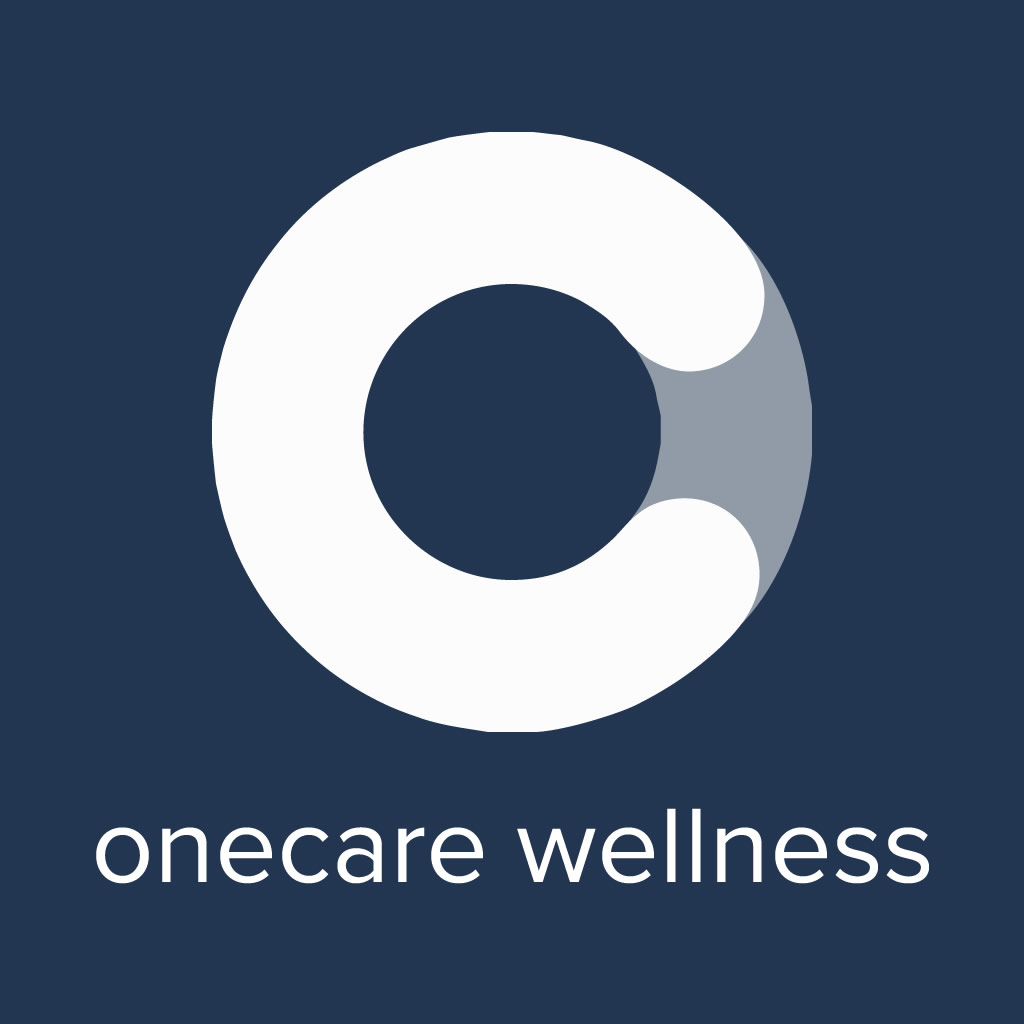
404
Oops, the page you're
looking for does not exist.
looking for does not exist.
You may want to head back to the homepage.
If you think something is wrong, let us know.

You may want to head back to the homepage.
If you think something is wrong, let us know.